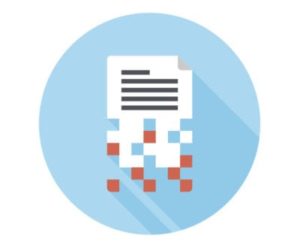Pointing to a report released by the FBI earlier this year that says that cyberattacks have increased dramatically during the COVID-19 pandemic, Virtual Private Network (VPN) service provider NordVPN is urging businesses of all sizes to adjust their security practices to deal with the rise in remote work.

According to the FBI, the number of complaints about cyberattacks received by its cyber division each day grew by 400%, to nearly 4,000 a day, when compared to before the COVID outbreak.
With lockdown restrictions being implemented all throughout the world, millions have found themselves working remotely, forcing enterprises big and small to scramble and support decentralized employees working on different machines.
“One of the things [that has] changed is that corporations no longer have control over the infrastructure their employees use for work,” said NordVPN chief technology officer, Juta Gurinaviciute. “While no network is immune to attacks, a stable and efficient network security system is essential for protecting data.”
Gurinaviciute notes that the fact that this transition to remote work happened rather quickly for some organizations means that it may have caught them off-guard and led to some less than ideal security practices as a result.
“If your company took shortcuts to expand remote connectivity, you should prioritise access and access control assessments,” he said. “If you have 5,000 employees, you now have 5,000 remote offices to protect. The bandwidth has increased dramatically, and there’s really no time to waste.”
The impact of COVID on digital systems goes beyond just remote work environments and the different security conditions they have created. With businesses closed and people confined to their homes for long periods of time, there has also been a dramatic increase in all manner of online activities, including shopping, banking, healthcare, and government services.
This increase in online transactions has attracted cybercriminals, which has led to growth in the need for more secure online authentication solutions, with biometrics emerging as the recommended option for a number of security experts.
Multi-factor authentication (MFA), cloud-based VPNs, and biometric and two factor authentication to limit the possibility of human error (losing a password, for example) are some of the recommendations that NordVPN makes to help businesses ensure the protection of their employees and their data.
Source: Security Brief Europe

Follow Us